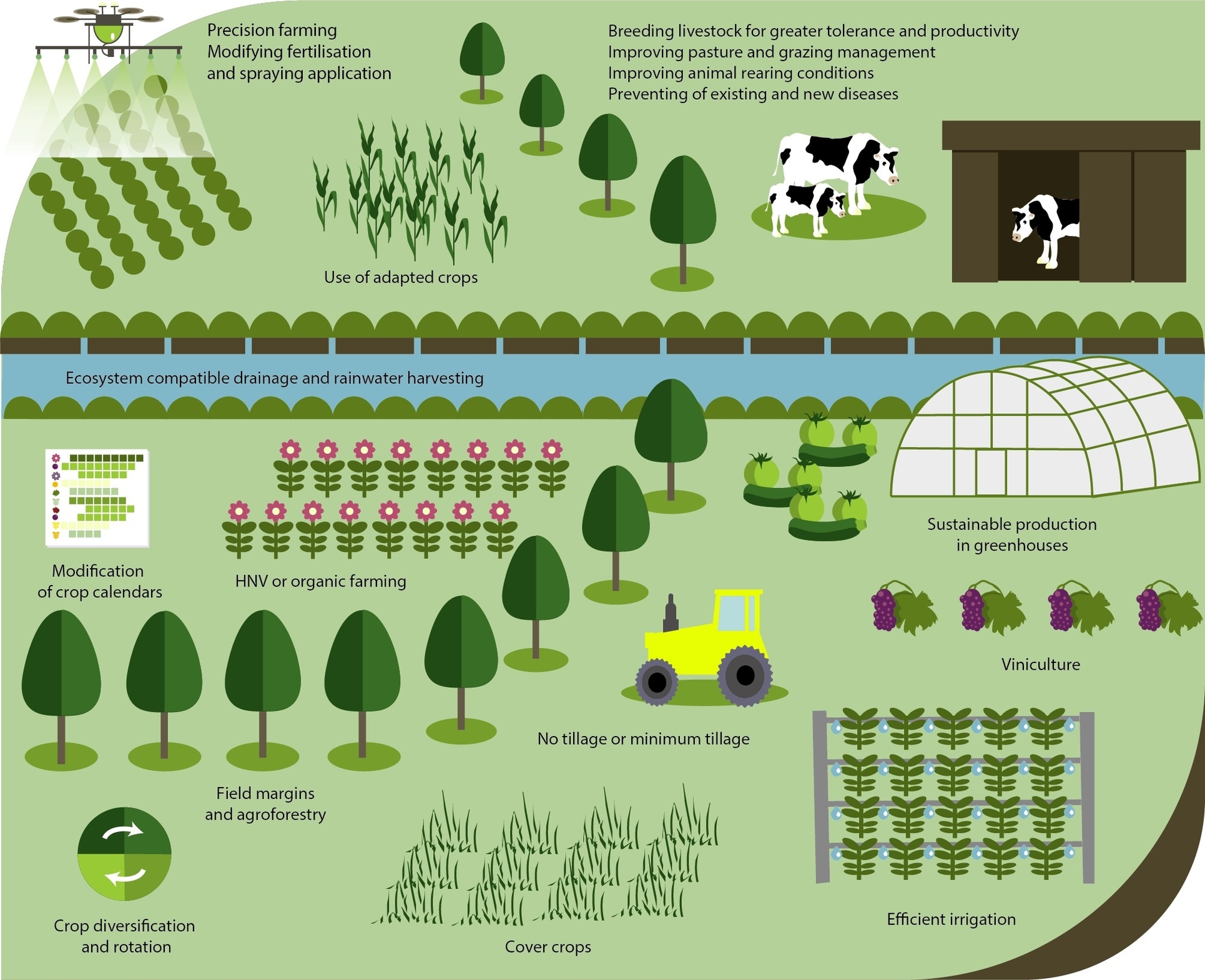
Climate change has been a major concern for the agricultural sector in Europe. According to a report by the European Environment Agency (EEA), climate change is projected to reduce crop productivity, especially in southern Europe, and to improve the conditions for growing crops in northern Europe. However, the negative impact of extreme events on agriculture is expected to increase . The study also suggests that adapting to climate change must be made a top priority for the European Unions agriculture sector if it is to improve resilience to extreme events like droughts, heatwaves, and floods .
The adverse impacts of climate change are already being felt across Europe. Extreme weather, including recent heatwaves in many parts of the EU, is already causing economic losses for farmers and for the EUs agriculture sector. Climate impacts have led to poorer harvests and higher production costs, affecting price, quantity, and the quality of farmed products in parts of Europe . The EEA report also highlights that crop and livestock production is projected to decrease and may even have to be abandoned in parts of Europes southern and Mediterranean regions due to the increased negative impacts of climate change .
Despite some progress, much more must be done to adapt by the sector itself, and especially at farm-level, and future EU policies need to be designed in a way to facilitate and accelerate transition in this sector . Most of the EEA member countries have national adaptation strategies in place. While agriculture remains a driver of climate change, the agricultural sector also has a crucial role to play in reducing its greenhouse gas emissions and adapting to climate change .
The EEA report also includes examples of feasible and successful adaptation actions. For instance, the report suggests that farmers can adopt new crop varieties that are more resistant to drought, heat, and pests, and that they can use precision farming techniques to optimize water and nutrient use . The report also highlights the importance of improving soil management practices, such as reducing tillage, using cover crops, and increasing organic matter content, which can help to improve soil health and fertility, and reduce greenhouse gas emissions .
In conclusion, climate change is
